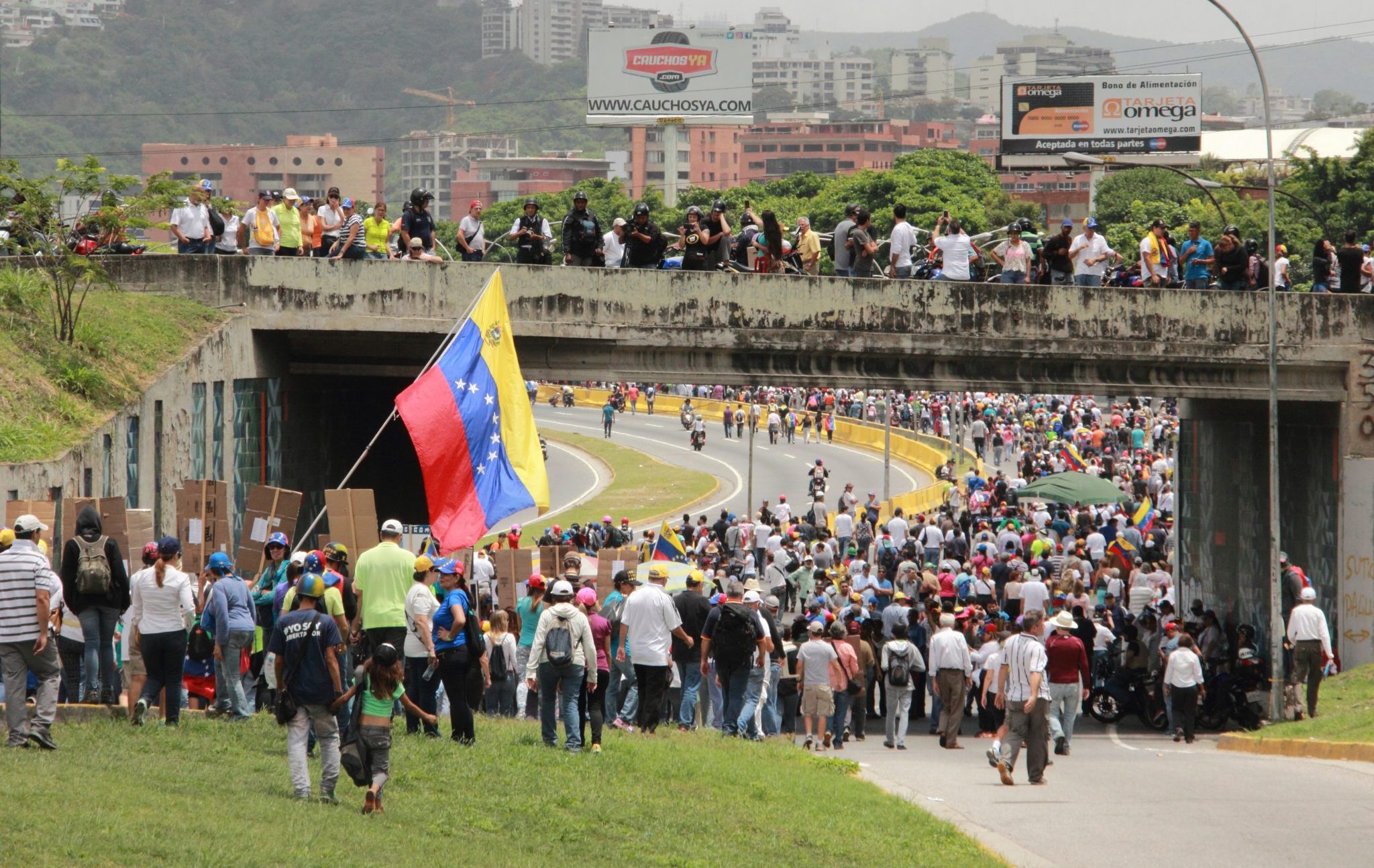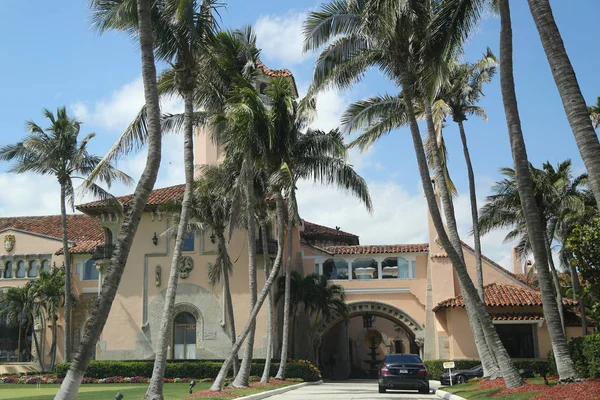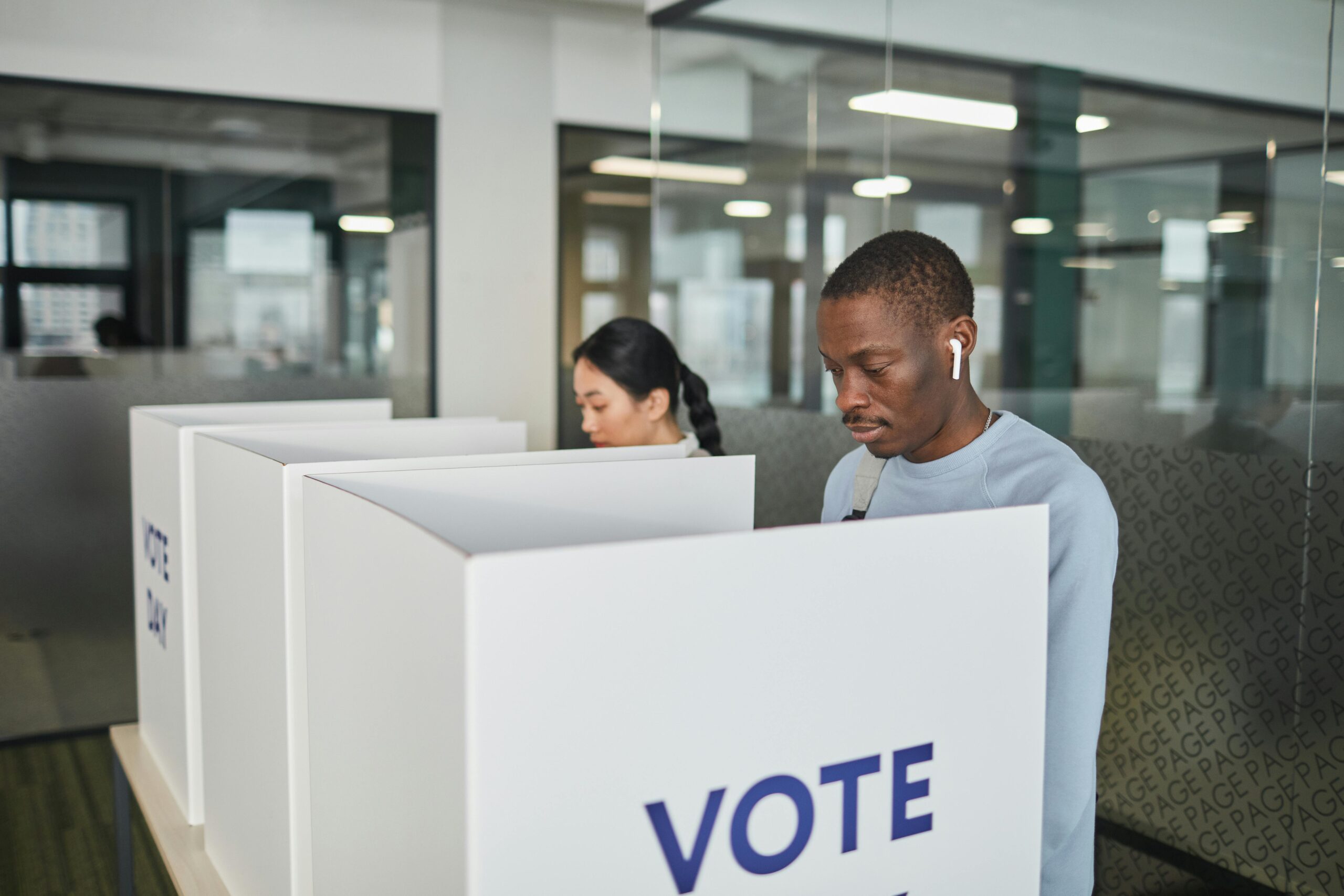Here Are Trump’s Options for Venezuelan Illegals
Will the administration be able to avoid past mistakes?

One of the main campaign promises of Donald Trump was the mass deportation of millions of illegal immigrants.
The move, although not impossible, has serious logistical and legal challenges. One specific nation poses an additional difficulty: Venezuela.
There are no formal diplomatic relations between Venezuela and the United States, so Venezuelan deportees cannot be sent back to their country. Even if there were, countries such as Venezuela, Cuba, and China typically refuse to accept back people who migrated to the U.S., while U.S. authorities are barred by a federal court order from detaining them indefinitely. Thus, despite having a deportation order, many migrants from these countries end up being released into American territory.
In 2023, the Biden administration brokered a deal with Nicolás Maduro’s dictatorship to return Venezuelan nationals. He lifted some sanctions against the Venezuelan regime and, in exchange, Maduro would receive deported migrants. Yet Maduro stopped receiving deportation flights after receiving a couple hundred Venezuelans, and Biden reinstated some of the sanctions.
How will Trump be able to deport the hundreds of thousands Venezuelans who crossed the southern border illegally? There are a handful of options.
The first is negotiating with the Maduro regime. Biden already tried this method and failed. Biden offered precisely what Maduro wanted, namely, lifting sanctions, but he could not get what he wanted in return. Of course, the Biden administration played an appeasement game with Maduro throughout its term, lifting sanctions and sitting repeatedly at the negotiation table while Maduro never did his part of the deal.
It’s hard to imagine what the Maduro regime thinks of Trump, but it certainly does not believe he is weak. Therefore, Maduro might cave in to Trump’s requests. In his first administration, Trump took a confrontational approach to Maduro, even privately discussing the possibility of a military intervention, and supporting Juan Guaidó as interim president when Maduro stole the 2019 presidential election in Venezuela. In his second term, however, Trump might prefer a more transactional approach. Venezuela was a popular issue back then, to the point that Trump provided DED (Deferred Enforced Departure) to Venezuelans as a lame duck in 2021, which is a similar status to Temporary Protected Status (TPS), something that Biden would eventually grant Venezuelans in the U.S.
Today, Venezuelan migrants are seen as an issue for the Republican base, and the number of Venezuelans illegally crossing the U.S. border has skyrocketed. Therefore, his first priority with regards to Venezuela will not be confronting Maduro, but dealing with the thousands of Venezuelans illegally crossing the southern border, and the ones already in the U.S. Thus, it would not be strange to see Trump sitting down and negotiating with Maduro, leaving previous confrontations in the past. Nevertheless, it is hard to see why Maduro would simply accept to receive deportees without some kind of pressure. A quid pro quo approach has failed in the past with Biden, and there is no reason to think it would not fail with Trump. Maduro knows full well a military intervention is off the table, so why would he simply do what Trump wants him to do?
The Venezuelan regime might therefore need a little further pressure to be convinced to accept deportees.
In the recent past, Tom Homan, poised to become Trump’s ‘border czar,’ said that the Trump administration has some leverage to make Venezuela accept deportation, such as more sanctions or withholding aid, which was over $200 million in 2023. This plan may also backfire. Trump already tried this approach in his first term, and Maduro is still in power. Sanctions rocked Maduro’s regime and the Venezuelan economy—to no avail. Moreover, although Maduro’s socialist measures are to blame for the economic crisis in Venezuela, sanctions make the situation worse. This might lead to even more Venezuelans fleeing the country and trying to reach the U.S. southern border. What seems like a good plan to pressure Maduro might end up with even more Venezuelan illegal migrants entering the U.S.
Yet Trump still has other options at hand.
First, he could try to forcefully send migrants back to Venezuela without the permission of the Venezuelan government. Although it’s not a common practice, the U.S. government has done this in the past: The U.S. Coast Guard sent people back to the Haitian coasts without the approval of the Haitian government. Of course, Venezuela is further away from the United States and this has never been done at a large scale. Nevertheless, it could work with smaller groups of high-priority deportees, such as members of the Tren de Aragua or immigrants who commit violent crimes.
The other option could be deporting these migrants to third countries. (This would differ from the “Remain in Mexico” policy, which concerns asylum-seekers and not deportees.) Trump did this in the past with Venezuelans, as in 2020 it was reported that between January and March of that year, the Trump administration had deported around 180 Venezuelans, mostly through Trinidad and Tobago.
The incoming administration is now preparing a list of countries to which it may deport illegal immigrants whenever their home countries refuse to accept them. The list includes the Bahamas, Panama, and Grenada. No authorities in these countries have confirmed they will support the plans. Moreover, some of the countries in question are too small for the task, as the Bahamas has a population of 400,000 and Grenada of just 128,000.
Trump could try to convince other countries such as Colombia to receive the migrants in exchange for aid, but it seems unlikely that any Latin American country, some of which have received over a million Venezuelan migrants will be up for the task. Still, some of these countries might be more vulnerable to economic and diplomatic pressure from the U.S. to accept the deportees. Such a practice would, however, probably lead to lawsuits and be halted by courts while the matter is resolved.
According to NBC, Trump also wants Mexico to accept non-Mexicans deported from the United States. Mexico has accepted migrants who are expelled at the border in the past, but the incoming administration also wants Mexico to accept deportation flights of non-Mexicans who are already living in the U.S. But getting Mexico to agree to such a plan might not be easy, especially considering that Mexico’s President Claudia Sheinbaum is more hostile to Trump than her predecessor Andrés López Obrador, who, despite being in the ideological antipodes of Trump, generally enjoyed good relations with him. Nevertheless, the threats of tariffs might get Sheinbaum to find a way to agree to the plan.
None of the three above options provides Trump with an easy solution; all three could backfire and bring additional issues.
Moreover, Trump is quite likely to move forward with his plan to eliminate the humanitarian parole program, from which 117,000 Venezuelans have benefited. Most of the Venezuelans who applied for humanitarian parole and were admitted to the U.S. then applied for TPS and/or requested asylum. The Biden administration decided not to renew the program in October 2024, which means that all the people admitted through the humanitarian parole program after the last redesignation of TPS for Venezuelans (September 2023) might be subject to deportation if they did not also request asylum or had their application denied. The TPS for Venezuela expires in September 2025. This also means that if Trump does not renew the program, which is quite likely, thousands of Venezuelans might be subject to deportation if their asylum applications are denied.
The backlog in asylum applications is immense. Some people have been in the U.S. for eight years or more and still have not received a notification for an asylum interview, which should occur within four to six weeks after the asylum application is filed. This means that thousands of these Venezuelans will not be subject to removal immediately, but will need to have their asylum cases processed first, some of which will be denied. When the Trump administration decides not to renew the TPS for Venezuelans, however, it will probably face a long legal battle, as happened in Trump’s first term.
Accordingly, the legal, logistical, and practical scale of the deportation operation proposed by the Trump administration might be significantly more complex than initially thought, especially when considering that Venezuelans represent only a fraction of the illegal immigrants in the U.S.
It is quite likely that Trump will try a combination of strength and negotiation with third countries. It’s easier to get some Caribbean islands to agree to receive a few thousand migrants than a group that would increase their population by 50 percent, and it is easier to get Mexico to agree to receive 50,000 Venezuelans than a number that would double the Venezuelan population in the country. It would also be easier to get Maduro to agree to take back high priority deportees—criminals—than to take back hundreds of thousands of poor Venezuelans.
If anything, Trump has amassed the most expertise in Latin America in its foreign policy cabinet that any American president has had in recent times. Since the Bush presidency, the U.S. has overlooked Latin America in its foreign policy priorities. The effect has been noticeable. Trump, however, seems to understand that solving the illegal immigration issue requires more than a wall on the southern border. It also takes a lot of diplomatic work, which is why his cabinet is full of Latin American expertise in Christopher Landau, Marco Rubio, and Michael Waltz.
Some of these appointments, especially Rubio, are not to the liking of some of Trump’s staunchest supporters. Nevertheless, if Trump is able to moderate some of their more hawkish impulses, they are the kind of people who may convince Venezuela and other Latin American governments to collaborate in making Trump’s deportation policy a reality.
The post Here Are Trump’s Options for Venezuelan Illegals appeared first on The American Conservative.

